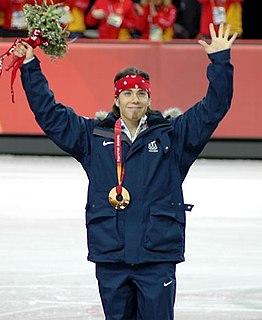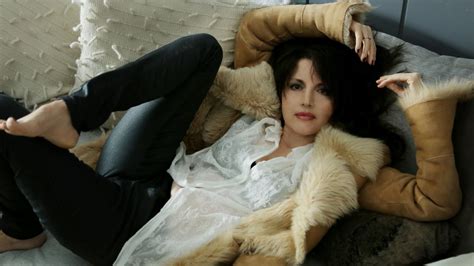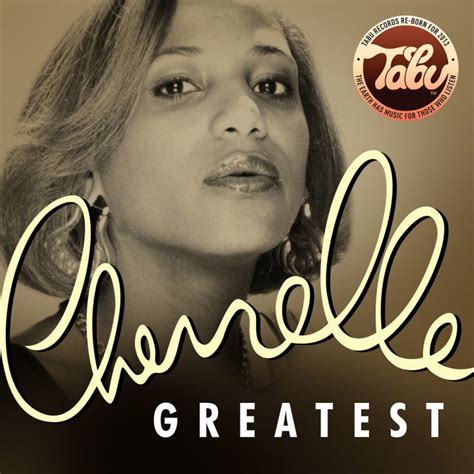A Quote by Joan Osborne
Through music I've discovered other philosophies. Buddhism in particular is one that has always - whenever I've studied it and read about it, it's just been so true to me. And I do try to take some practices of that into my daily life. Whether that's meditating or trying to see the world from that perspective.
Related Quotes
The older I get, the more and more I notice I'm like my father. It's funny, because when I was younger I tried to just back away from my father as much as I could, and some of the philosophies, some of the life lessons, some of the beliefs that he had within me are always constantly ongoing, and they're always prevalent in my life, whether it's trying to be every single thing that I can be in my sport or life or relationship or business, whatever avenue I'm pursuing.
There were two things I discovered when I toured with Snoop. One was that the band was all jazz musicians. The second was to instil in me a respect for other styles of music. From then on, whenever I played a new kind of music, I came with the same kind of open mind. What are they trying to do? What are they hearing? How do they see music?
I try to get my subconscious to puke out as much stuff as I can because I'm really not judging myself while making music. If I crave a frequency in the mid, I'll just drag in a sound and try to mold it into what feels right. It happens very quickly. And if I've been making a piece of music for five hours and it sucks, I'll just throw it away. There has to be an entry point to learn about myself, or an idea I've never tried, because then I can try on a new skin and see the world through a different perspective. If I have that spark, then I'll save the file.
I spent so much of my life reading about spirituality and reading about neuroscience and trying different meditation practices. It's a really big part of my life. But it's sometimes hard to talk about. There are so many people in the world who don't live in Southern California and don't spend their time meditating.
I read everything. I'll read a John Grisham novel, I'll sit and read a whole book of poems by Maya Angelou, or I'll just read some Mary Oliver - this is a book that was given to me for Christmas. No particular genre. And I read in French, and I read in German, and I read in English. I love to see how other people use language.
I think music for me, it's part of my life. I like music. I think I'm very emotional, so, you know, I just try to take all the emotion, you know, that music bring it to me, you know, some make - I mean, help me to calm down some, for sure motivate me more. You know, there's always music. I think just make me smooth before the match, you know.
It really was something, to see Ram Bahadur Bomjon, apparently living without food or water. Before I went on that trip I'd asked advice on it from a very wise person who I love and revere - basically trying to see if I was somehow disrespecting Buddhism by trying to write about it, and also looking for some grounding on what stance to take ... and my friend said, "Well, why don't you just go and see?" And I hear that in my head all the time now: "Why don't you go and see?"
This is something I think that blues music, or folk music, and all those particular genres that have a perspective about life deal with - where the difficulties of life are seen as something that are very natural and nothing to be embarrassed about, and something that we all go through; something that's part of our share of humanity. And it accepts those difficulties and pain as such. I think there's a wonderful forgiveness that can come over you, if you have that perspective on it.
What's required of me in the field is to feel,' Stirton says with emphasis. 'And trying to take that feeling and put it in a form that communicates a particular set of emotions or circumstances - whether that involves depicting masculine pride, or a particular kind of suffering, or love, or closeness - my primary job is to feel and to try to put that feeling into some kind of visual form. My goal is to get to the heart of each story, you know? I’m trying to evolve in my work.
I don't mind being labeled as a political songwriter. I've chosen to do that. What really annoys me is being dismissed as a political songwriter. That really pains me, because life isn't all about love; it's not all about politics, either. It's a beautiful mixture of events that absolutely baffle you, and you think, "Why can't I do something about that?", whether those events are in your bedroom, or out there in the wide world. In our daily lives we engage with them at different times, and I'm trying to write about the whole human experience, or my perspective on it anyway.



































